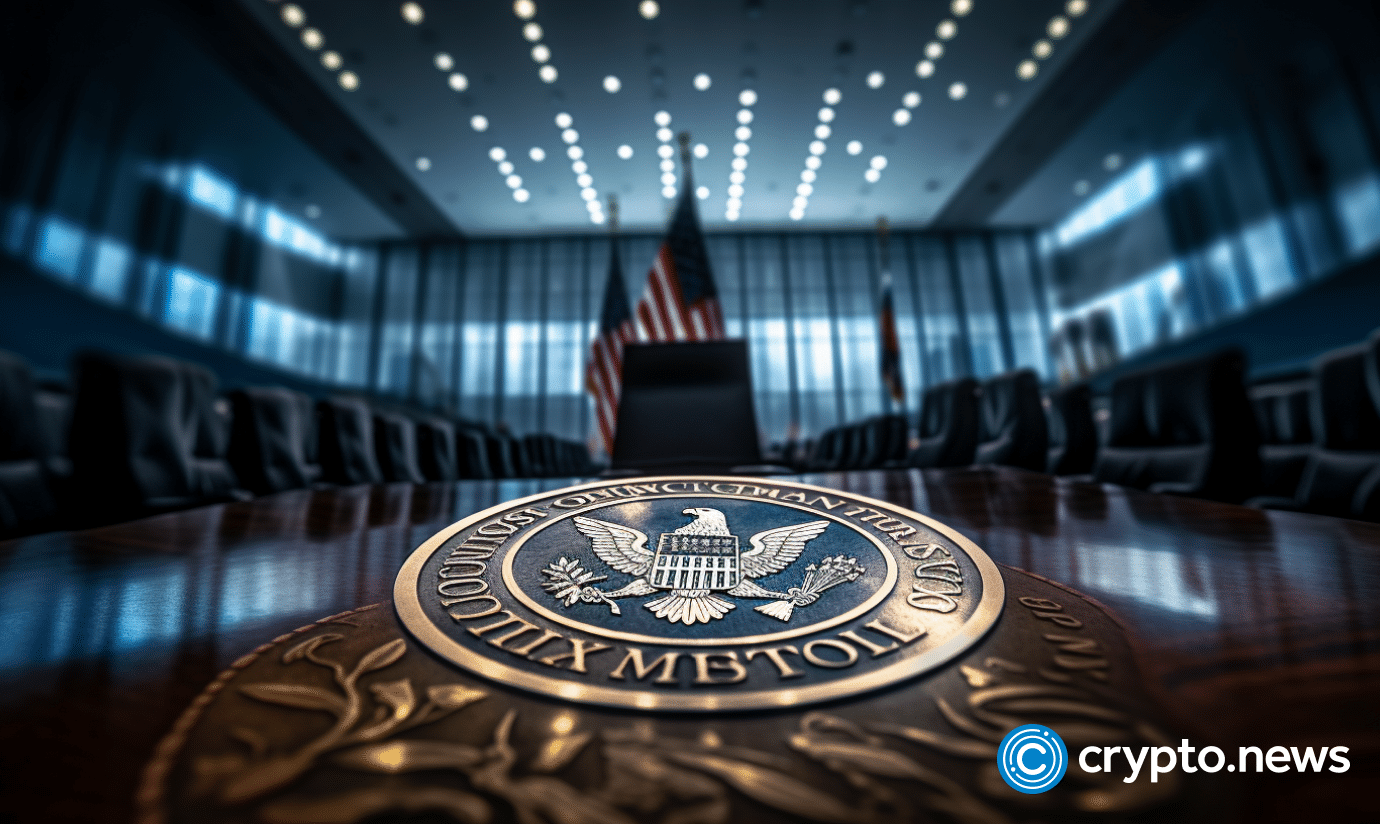
The SEC is adopting stricter compliance rules for large capital investors in Treasury Markets, but some provisions seem to impact decentralized finance users.
On Feb. 6, the U.S. Securities and Exchange Commission (SEC) adopted two rules mandating that market participants engaging in substantial liquidity-providing activities register with the watchdog and join a self-regulatory organization, thus complying with regulatory obligations and federal financial laws.
Initially proposed in March 2022 and geared toward bolstering Treasury market safety, the rules include provisions that speak to crypto asset securities. Defi investors providing over $50 million in liquidity to automated market makers, like Uniswap, will fall under the SEC’s purview if this legislation is enforced.
A 3-2 vote settled the SEC’s deliberation on the rules, with Commissioner Hester Peirce and Mark Uyeda opposing the proposal. Commissioners Gary Gensler, Caroline Crenshaw, and Jaime Lizarraga supported the idea.
This rulemaking targets proprietary trading funds, private funds, and others who make money by buying low and selling high in the Treasury market, while creating additional regulatory confusion in other markets, including crypto asset securities.
Mark Uyeda, SEC commissioner
Crypto proponents such as the Blockchain Association and the DeFi Education Fund pushed back on the policies in comments letter when the rules were first introduced. Miller Whitehouse Levine, CEO of the DeFi Education Fund, argued that the expanded definition of a market dealer was too ambiguous and left several unaddressed concerns regarding defi protocols.
Commissioner Peirce questioned how an automated market maker (AMM), essentially software, might register with the SEC and how many firms the new rules would impact. Haoxiang Zhu, the SEC’s director for the trading and markets division, said the proposal was aimed at individuals leveraging decentralized software rather than the technology itself.
Zhu added that limited information and sweeping non-compliance from defi actors made it difficult to pinpoint the participants who would be affected.
One of the reasons they’re not compliant is they can’t figure out what our rules are. They can’t even figure out when we think that something is a security.
Hester Peirce, SEC commissioner
This article first appeared at crypto.news

